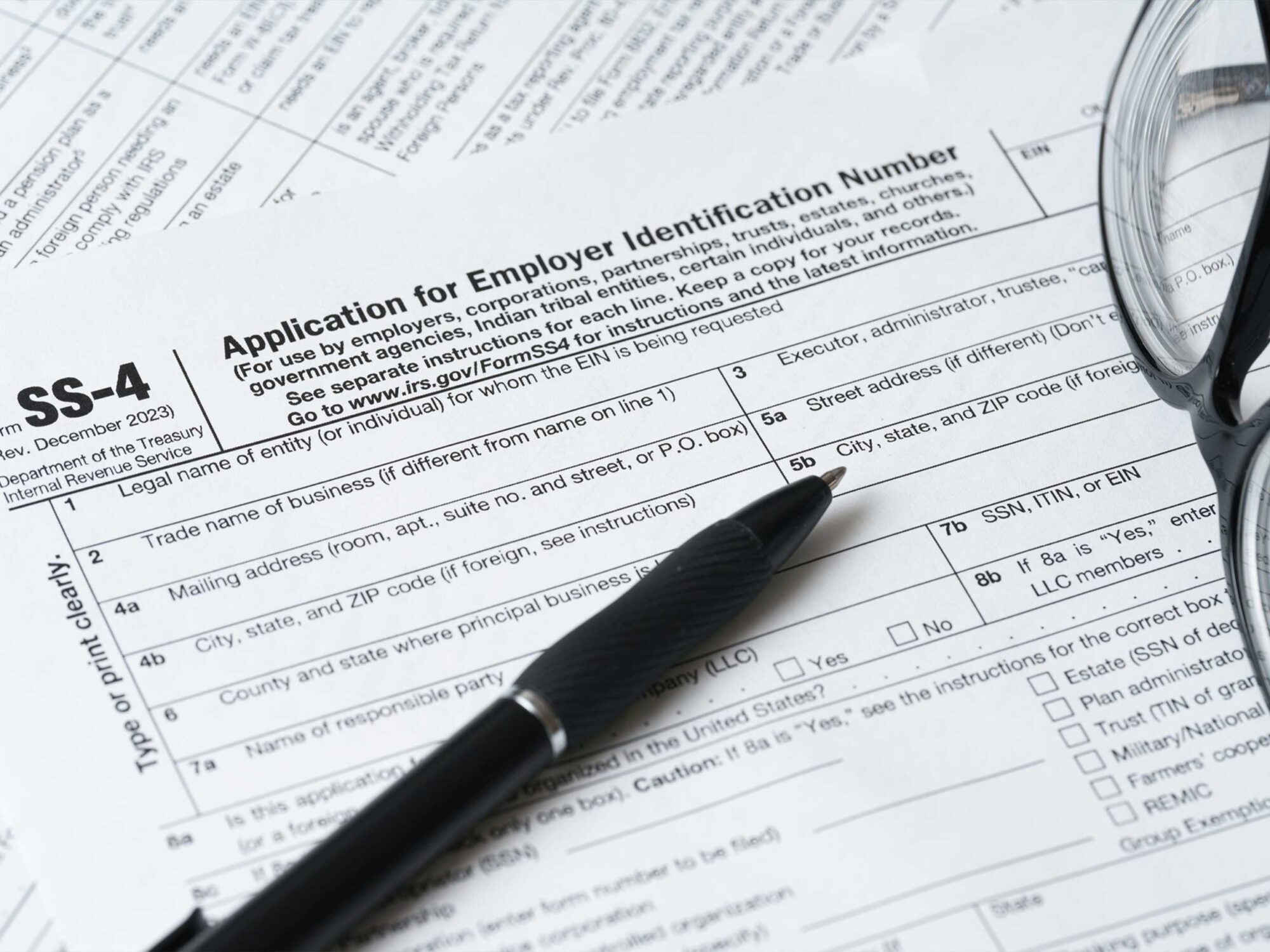
Wondering if you need to collect sales tax for your Michigan business? Don’t worry, even the most experienced local business owners sometimes find these requirements tricky to navigate.
The good news is that Michigan keeps things relatively simple with a flat 6% sales tax rate across the entire state. In this Michigan Seller’s Permit guide, we’ll walk you through everything you need to know to get registered, file on time, and keep your business compliant.
Michigan Seller’s Permit Basics
For those short on time, here’s what you need to know:
- Michigan’s sales tax rate is 6% statewide (no local sales taxes)
- You must register for a sales tax permit before making your first taxable sale
- The Michigan Department of Treasury will assign your filing frequency based on your expected sales volume
- Even with no sales to report, you still need to file a “zero return”
- Missing deadlines can result in penalties of up to 25% of taxes owed, plus interest
What Is a Michigan Seller’s Permit?
A Michigan seller’s permit (also called a sales tax license) is simply your official permission from the Michigan Department of Treasury to collect sales tax from your customers.
How It Works
- You’ll collect a flat 6% on all taxable sales in Michigan
- You’ll send all collected sales taxes to the Michigan Department of Treasury
- You’ll be assigned a filing schedule (monthly, quarterly, or annual)
- Returns and payments are due by the 20th of the month after each reporting period
- Keep records of all sales and exemption certificates for at least 4 years
Important Tip: Unlike many other states, Michigan doesn’t have any additional local or county sales taxes. This means you only need to worry about the single, statewide 6% rate.
Do You Need to Collect Michigan Sales Tax?
You’ll need to collect Michigan sales tax if your business has what’s called “nexus” in the state — basically a significant connection — and you’re selling taxable goods or services.
Michigan considers your business to have nexus if:
- You have a physical location in Michigan (store, office, warehouse)
- Your products are stored in Michigan, including in fulfillment centers (this affects Amazon FBA sellers)
- You have sales representatives or affiliates working in Michigan
- You participate in temporary activities like trade shows or pop-up shops in Michigan
Out-of-State Sellers: Even without a physical presence in Michigan, you’ll have what’s called “economic nexus” if you make over $100,000 in sales or have 200 transactions with Michigan customers in the previous year.
Important Tip: If you’re selling exclusively through platforms like Etsy or Amazon, you probably won’t need to collect sales tax yourself, as these platforms generally handle this for you.
How to Register for a Michigan Sales Tax License
Obtaining a Michigan sales tax license requires registering with the Michigan Department of Treasury through their online system.
To register, you’ll need to:
- Visit Michigan Treasury Online (MTO)
- Create an account or log in if you already have one
- Select “Register for New Business Taxes”
- Enter your business information (legal name, trade name, address)
- Provide owner/officer information and Federal EIN
- Submit your application (there’s no registration fee!)
If you prefer to not file online, you can also register via mail by filling out Form 518 (Registration for Michigan Taxes) and mailing it to the following address:
Michigan Department of Treasury
PO Box 30778
Lansing MI 48909
Processing Time: When registering online, you’ll typically get your permit immediately (within 10-15 minutes). If you file by mail, however, expect to wait 4-6 weeks for processing.
Michigan Sales Tax Exemptions
Not everything is subject to Michigan’s 6% sales tax. The state provides exemptions for certain types of products and organizations.
These are the most common sales tax exemptions in Michigan:
- Nonprofit 501(c)(3) and 501(c)(4) organizations (with proper documentation)
- Churches and houses of religious worship (with limitations on vehicles)
- Government entities including federal, state, and local agencies
- Nonprofit hospitals and healthcare facilities
- Nonprofit schools and educational institutions
- Certain Industrial processing equipment used in manufacturing
- Items purchased for resale (with a valid resale certificate)
- Agriculture production equipment and supplies
- Feminine hygiene products
- Interstate motor carriers (rolling stock) meeting specific requirements
Keep in mind, if your business qualifies for an exemption, you’ll need to provide the necessary documentation to your suppliers.
Important Tip: To claim the exemption, the buyer will need to provide a completed Michigan Sales and Use Tax Certificate of Exemption (Form 3372) to the seller. This will need to be kept on file for a period of at least four years in order to serve as proof of the exemption in case of an audit.
How to File Your Michigan Sales Tax Return
After you’ve registered for your Michigan Sales Tax License, you’ll need to file your sales tax return and remit the taxes you owe to the state.
To file your returns, you’ll need to:
- Log in to Michigan Treasury Online (MTO)
- Select your reporting period
- Enter your total sales, taxable sales, and exemptions
- Calculate the tax due (6% of your taxable sales)
- Submit payment through electronic transfer, credit card, or debit card
- Save your confirmation for your records
When to File Your Michigan Sales Tax Return
Your filing frequency is assigned by the Michigan Department of Treasury based on your expected sales volume. However, the Department of Treasury may adjust your filing frequency as they see your actual sales data.
You can expect to file monthly, quarterly, or annually:
- Monthly: Returns are due on or before the 20th day of the following month (e.g., March return is due April 20).
- Quarterly: Returns are due on or before the 20th day of the month following the quarter (e.g., Q1 return for January-March is due April 20).
- Annual: Returns are due by February 28th for the previous calendar year (e.g., 2024 return due by
Remember: Even with zero sales, you must still file a “zero return” to avoid penalties.








 8123 Main St Suite 200 Dexter, MI 48130
8123 Main St Suite 200 Dexter, MI 48130


